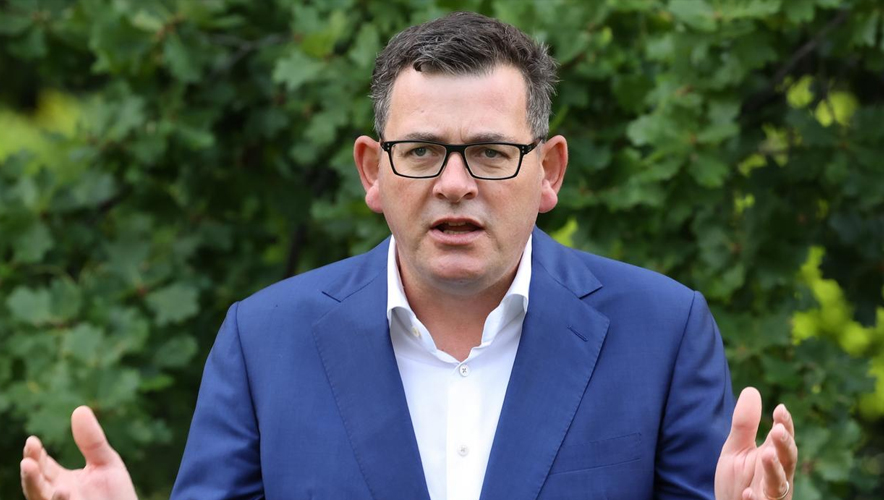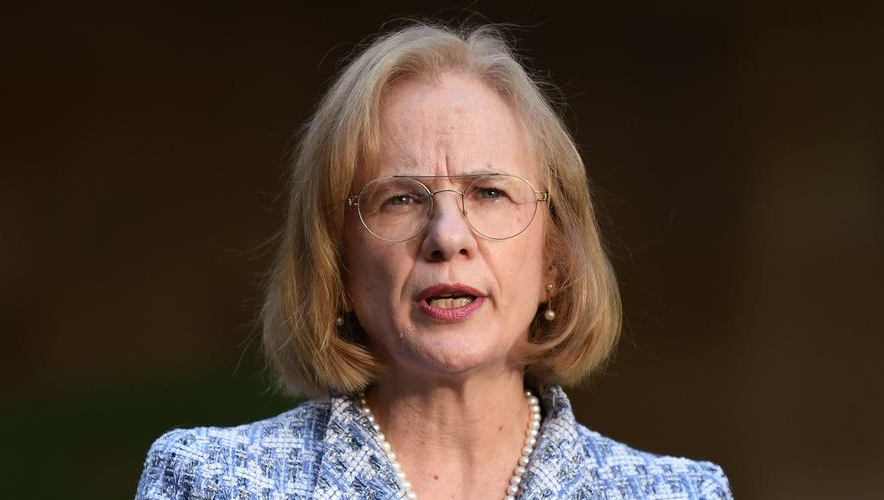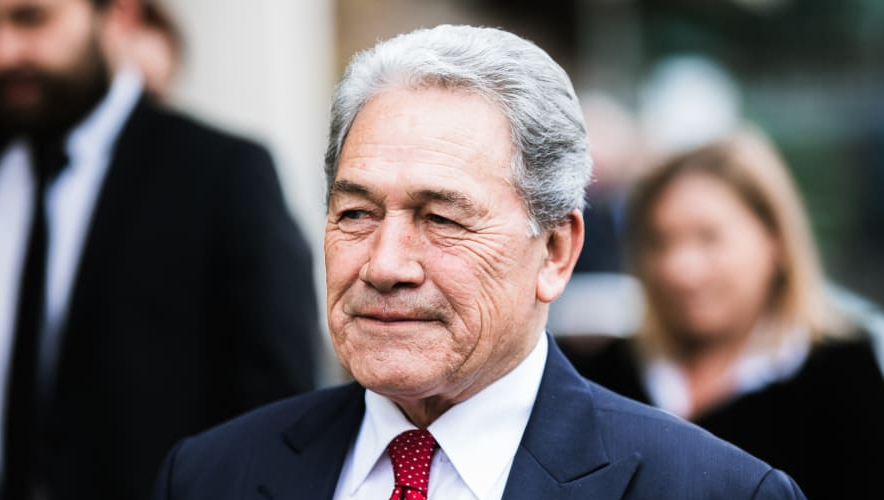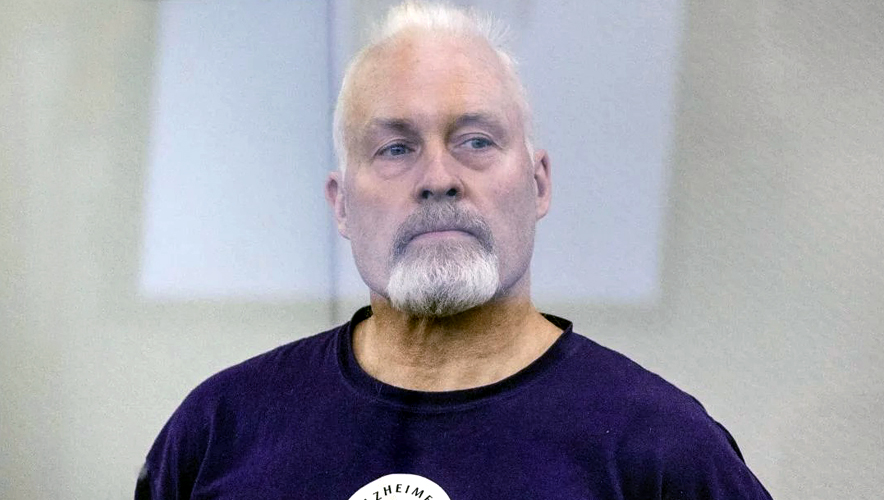Polite Inquiries
Nothing short of a full Royal Commission into the nationwide pandemic response will be satisfactory given the scale of government intervention, the hurt caused, and the economic and social legacy it has left on Australia.
One of the many well-known rules of politics is that one only calls an inquiry when one is already sure of what it will find. Such was the case in Victoria, when retired judge Jennifer Coate headed the inquiry into Victoria’s bungled Covid hotel quarantine system, a vulnerability which led to months of lockdown across the state. She found that ultimately ‘no one’ was responsible for initiating the conditions under which breaches occurred, which largely revolved around contracted private security being compromised by lack of supervision and infection control training.
Premier Daniel Andrews took the opportunity to roll his then Health Minister Jenny Mikakos, and the report was able to pinpoint the decision to use contracted private security as a key failing. In the end, two departments blamed each other (a fine was paid from one to another), Andrews apologised and claimed ‘accountability’, and we never quite found out why the police force or ADF were shunned while expensive security contracts were whipped up and tendered with lightning speed.

So as the Federal Government launches its own inquiry into the Federal response to the Covid 19 pandemic, libertarians, and indeed anyone interested in the truth of these matters, could be forgiven for remaining cynical.
But it is a disgrace that we may never be able to hold the states accountable for the most egregious government interventions during the pandemic.
For one, this inquiry ought to be a Royal Commission – one that can obtain key documents and communications, and compel witnesses to appear and truthfully answer questions. In Victoria, phone records and key communications were redacted, the inquiry and media focussed solely on only one key decision (or ‘creeping assumption’), and the political damage was very limited.
As mentioned, an inquiry operates within the confines of what the current government is prepared to expose. In the case of Andrews in Victoria, a few carefully selected heads rolled. With this upcoming Federal inquiry, the goal will undoubtedly be to inflict further damage on former Coalition ministers.
The terms of reference focus solely on the federal pandemic response, and specifically rules out the ‘unilateral actions of state and territory governments’. Thus, many of the most harmful government interventions and gross acts of bureaucratic inflexibility cannot be examined.
The language of the terms of reference also fails to mention human rights, and seems fixated on systems, rather than the human cost of the pandemic. I daresay the findings of this inquiry will focus on how government can be improved during a pandemic or emergency, not how it can be minimised.
One of the many well-known rules of politics is that one only calls an inquiry when one is already sure of what it will find.
We will however have a chance to ruminate on the two years of international border closures and inflexibility on that front. We can shine a light on the secrecy of National Cabinet meetings, the role of the Home Affairs department in suppressing online information, and the role of the ADF at supporting the enforcement of State restrictions. We can also reflect on the Federal Government’s role in communicating to Australians about Covid-19, vaccines, safety assessments and initial restrictions. Finally, perhaps we will have a chance to inspect the economic damage inflicted by the dramatic fiscal response, perform a cost-benefit analysis and review the economic legacy of programs such as JobKeeper, JobSeeker and HomeBuilder.
But it is a disgrace that we may never be able to hold the states accountable for the most egregious government interventions during the pandemic. What of the bureaucratic inflexibility at state borders, which kept families and loved ones apart and even resulted in the deaths of infants? What of the vaccine mandates that drove a wedge between those who ‘consented’ and those who didn’t, inflicting untold social and economic damage in many cases? What of the state-imposed lockdowns which persisted well beyond the initial period of uncertainty and panic in 2020?
We deserve to have these questions picked over with the finest of combs, and those responsible for unnecessary harm must be held accountable.










